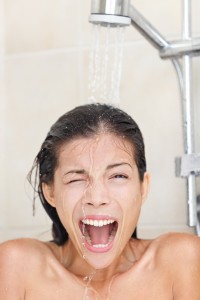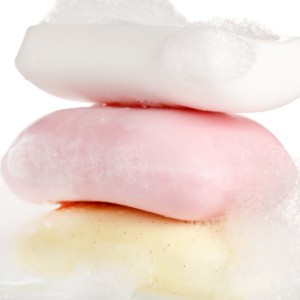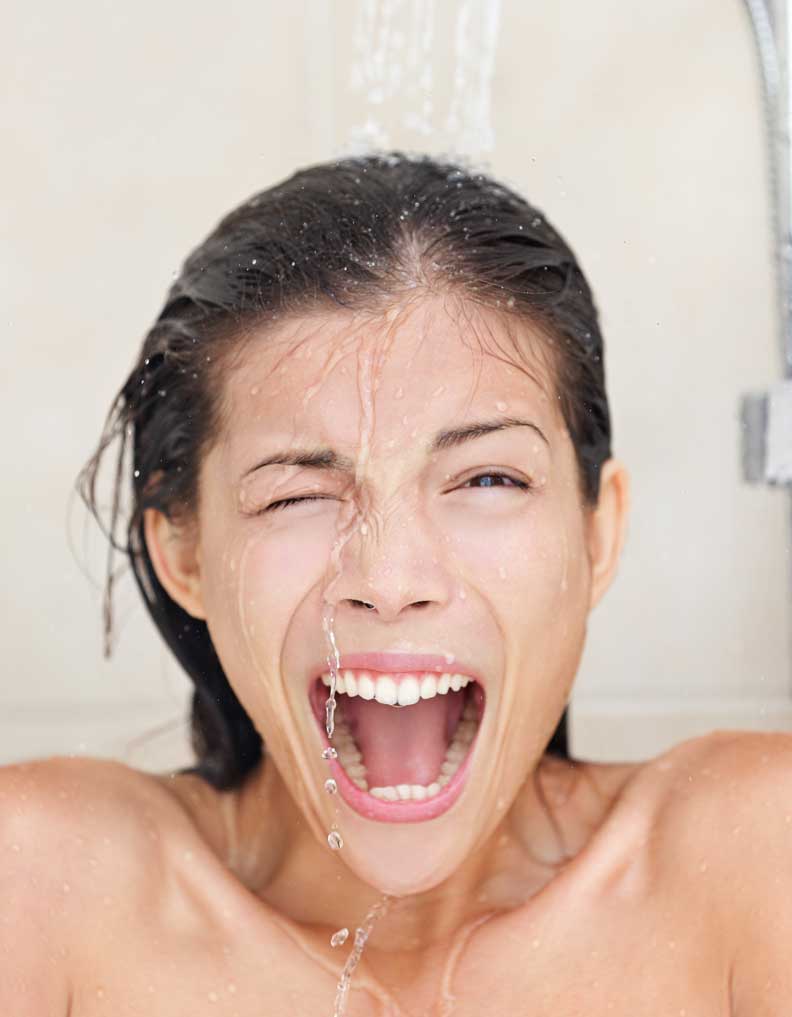SHOULD YOU USE ANTIBACTERIAL CLEANSERS?
Ever wonder ‘whatever happened to good old fashioned soap’? Well it is still out there, but the question is does antibacterial soap work better? And should you be using this to protect yourself from germs? This is a question that has a 2 part answer: The first is for those who have normal skin, and second, for those who suffer from skin conditions such as eczema or recurrent folliculitis or other skin infections. There are many factors that should be considered when evaluating which kinds of soaps we should be using on our skin every day.
BACTERIA AND YOUR SKIN.
 Many people do not know this, but your skin is always colonized by billions of bacteria, and that is actually normal. We are as a culture afraid of bacteria on our skin, but what we don’t realize is that we also harbor beneficial bacteria, this bacteria helps maintain a balance of good & bad bacteria, and even fungus. Just like you take probiotics for your gut and digestion, you have bacteria on your skin as well that serve a purpose. For well over a decade neonatal intensive care units have recognized this importance of skin flora, they have newborns and premature babies in skin to skin contact with their mothers, and have data to show that this increases rates of survival and reduces the rates of opportunistic infections. In comparison the babies that are kept under near sterile conditions had a higher risk of infections. In addition there are even topical medications that are being researched now on how to populate skin with healthy colonies of bacteria to improve skin conditions such bad as eczema and acne. So consider this before you buy a bar of soap that is antibacterial.
Many people do not know this, but your skin is always colonized by billions of bacteria, and that is actually normal. We are as a culture afraid of bacteria on our skin, but what we don’t realize is that we also harbor beneficial bacteria, this bacteria helps maintain a balance of good & bad bacteria, and even fungus. Just like you take probiotics for your gut and digestion, you have bacteria on your skin as well that serve a purpose. For well over a decade neonatal intensive care units have recognized this importance of skin flora, they have newborns and premature babies in skin to skin contact with their mothers, and have data to show that this increases rates of survival and reduces the rates of opportunistic infections. In comparison the babies that are kept under near sterile conditions had a higher risk of infections. In addition there are even topical medications that are being researched now on how to populate skin with healthy colonies of bacteria to improve skin conditions such bad as eczema and acne. So consider this before you buy a bar of soap that is antibacterial.
Antibacterial cleansers can have chemicals that are not particularly healthy to be used every day all over your skin. For example, the ingredient triclosan which has been shown to be a carcinogen and has been pulled by several companies. Most antibacterial cleansers can also be harsh on the skin and can be very drying, which is another reason I prefer to avoid their use.
SKIN CONDITIONS
The second answer to this question is for those who are suffering from a skin conditions such as acne, eczema or recurrent folliculitis, an there are other options that may be more helpful to control bacteria on the skin. For acne: a cleanser that contains salicylic acid or benzoyl peroxide may work very well. To treat moderate to severe eczema a dilute bleach bath (1/2 cup bleach to a full bath) once per week can be very helpful, or hibiclense if you prefer to wash in the shower. Folliculitis can also be controlled with a benzoyl peroxide containing wash.
However, to prevent the spread of germs & infections you should practice good hand hygiene, wash with soap and water when possible, and you can use a hand sanitizer when traveling or in public spaces. To sanitize your hands an alcohol based sanitizer will kill >99% of germs. For more sensitive skin alcohol free sanitizers are available for use on hands, and children’s toys and are non-toxic.




